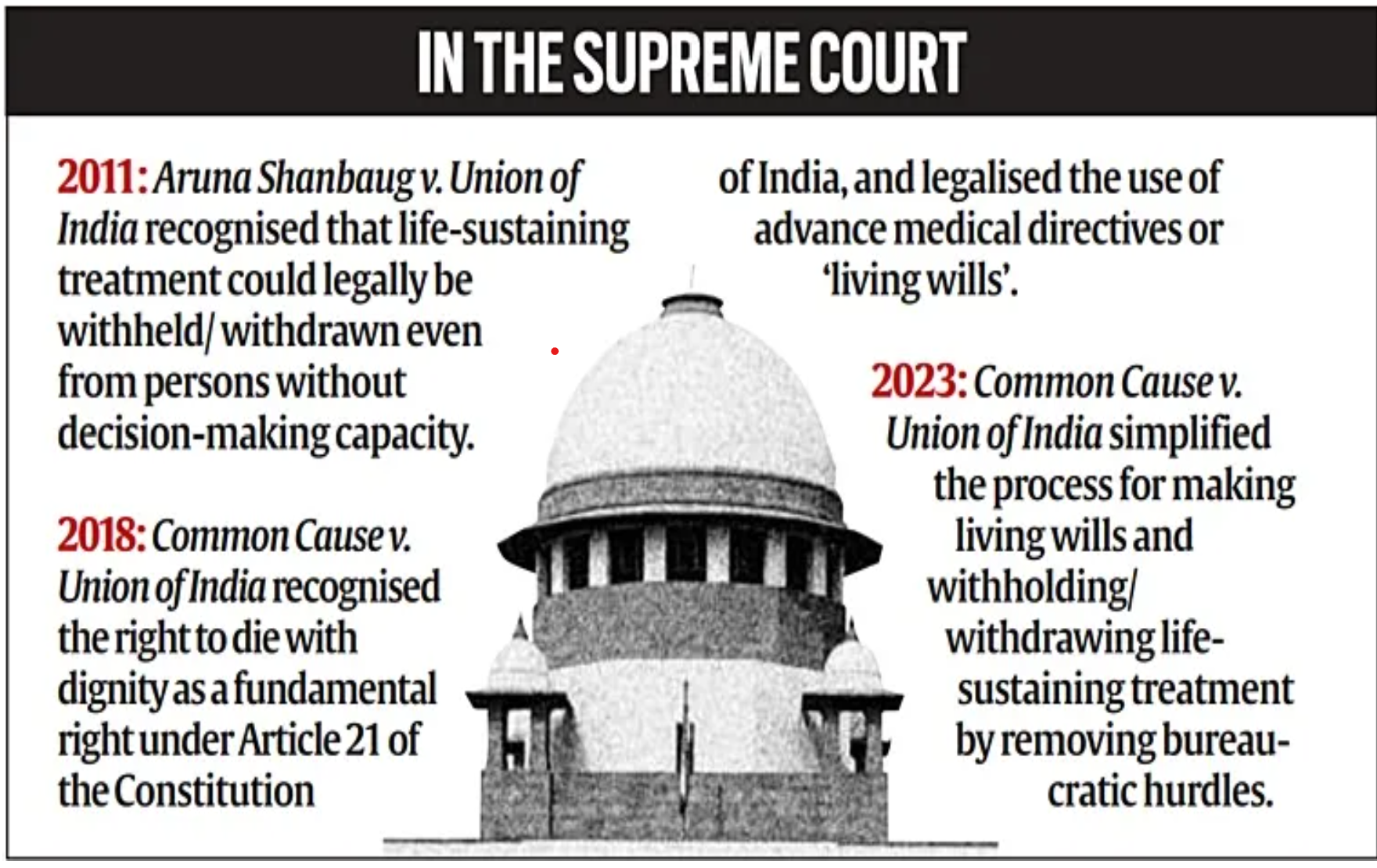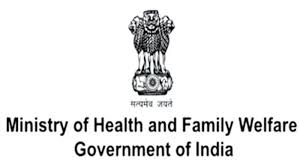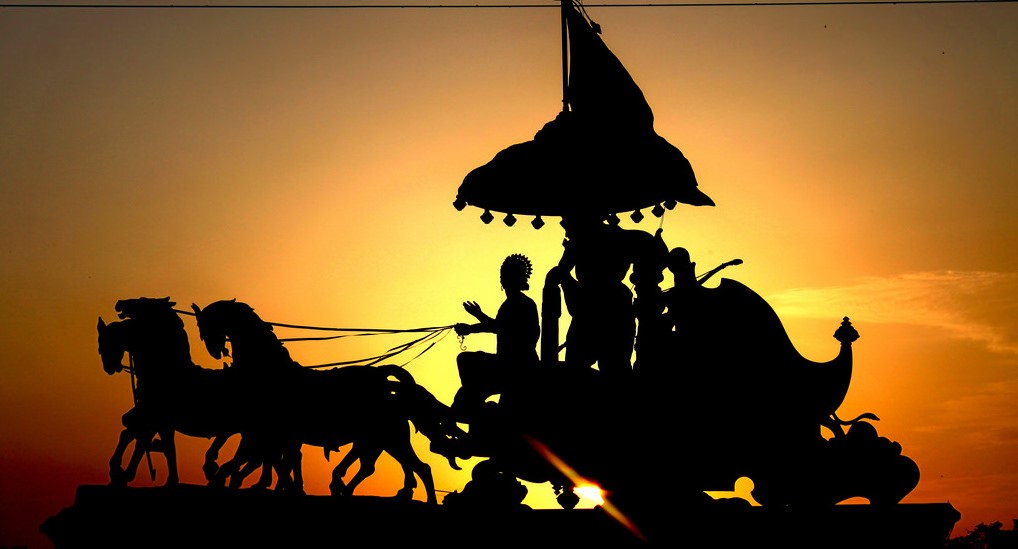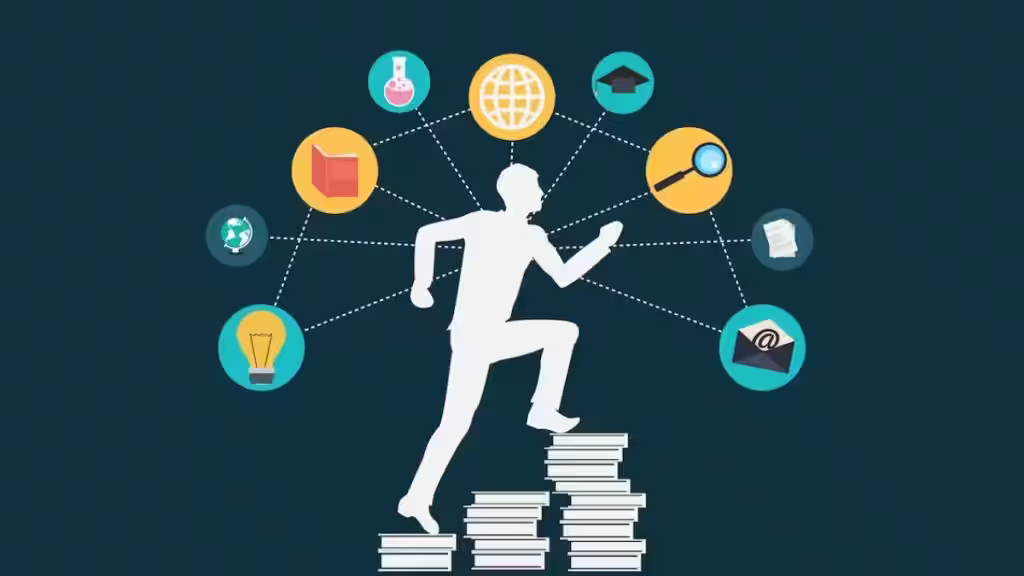The right to die with dignity

- 26 Oct 2024
In News:
- The Ministry of Health and Family Welfare's draft guidelines (October 2024) aim to implement the Supreme Court's 2018 and 2023 orders on the right to die with dignity.
Legal Context: Supreme Court Rulings and Constitutional Rights
- Right to Refuse Treatment:
- Common Law & Article 21: The right to refuse medical treatment is grounded in common law and is now recognized as a fundamental right under Article 21 of the Indian Constitution, following the 2018 Supreme Court judgment in Common Cause v. Union of India.
- Supreme Court Rulings: The court's rulings in 2018 and 2023 affirmed that individuals have the constitutional right to refuse life-sustaining treatment and to die with dignity.
Withholding and Withdrawing Life-Sustaining Treatment
- Definition and Meaning:
- What Is Life-Sustaining Treatment? Life-sustaining treatments, such as ventilators and feeding tubes, artificially replace vital bodily functions to sustain life.
- Withholding/Withdrawal: This refers to discontinuing these treatments when they no longer improve the patient's condition or merely prolong suffering.
- When Is It Done?
- End-of-Life Care: Withholding or withdrawing treatment is considered when further medical intervention is futile and would only artificially prolong the dying process.
- Focus on Comfort: After withdrawing life-sustaining measures, the focus shifts to palliative care to alleviate pain and suffering.
Understanding Euthanasia and Misconceptions
- What Is Euthanasia?
- Definition: Euthanasia refers to the intentional ending of a terminally ill patient’s life by medical professionals to relieve suffering.
- Passive Euthanasia Misconception: In India, the term "passive euthanasia" is often mistakenly used to describe withholding or withdrawing life-sustaining treatment, but this does not involve the active killing of the patient.
- Legal Framework: The Indian Council of Medical Research (ICMR) clarified in 2018 that "passive euthanasia" is not a legally accepted practice in the country.
The Role of Doctors: Ethical Dilemmas and Shared Decision-Making
- Is Withdrawing Treatment "Giving Up" on the Patient?
- Not Abandonment: Withdrawing life-sustaining treatment is not about abandoning the patient but recognizing when further interventions would cause unnecessary suffering.
- Palliative Care: The patient’s comfort and dignity are prioritized through palliative care, which focuses on pain management and emotional support for both the patient and family.
- Doctors' Ethical Responsibility:
- Shared Decision-Making: The process encourages a collaborative approach between doctors and the patient’s family or surrogate decision-makers. This joint decision-making ensures that the wishes of the patient are respected and relieves the doctor from bearing sole responsibility for life-and-death decisions.
Living Wills and Advance Medical Directives
- What Is a Living Will?
- Definition: A living will is a legal document where a person outlines their medical preferences in the event they lose decision-making capacity.
- Eligibility and Process: Individuals aged 18 or older, who are capable of making decisions, can draft a living will, naming at least two trusted surrogate decision-makers.
- Legal Requirements: The document must be signed in the presence of an executor, two witnesses, and notarized to be legally binding.
- 2023 Supreme Court Guidelines: The Court simplified the procedure for making living wills to ensure that the right to die with dignity is upheld.
Medical Procedure for Withholding or Withdrawing Treatment
- Supreme Court Guidelines
- The Supreme Court laid out a clear procedure for withholding or withdrawing life-sustaining treatment, emphasizing patient autonomy, expert assessments, and family consent.
- Primary and Secondary Medical Boards:
- Primary Medical Board: The treating hospital sets up a Primary Medical Board, consisting of the treating doctor and two subject-matter experts, to assess the patient's condition and determine if life-sustaining treatment is appropriate.
- Secondary Medical Board: A Secondary Medical Board, comprising independent experts, reviews the Primary Board's decision for added oversight.
- Consent from Family/Surrogate Decision-Makers:
- The patient’s wishes, as outlined in an advance directive or by a surrogate, must be respected, and their consent is essential for proceeding with treatment withdrawal.
- Judicial Oversight:
- Once the decision to withdraw treatment is made, the hospital is required to notify the local judicial magistrate, ensuring transparency and accountability.
Conclusion: Legal and Ethical Clarity in End-of-Life Care
- Shared Decision-Making: The process ensures that medical teams, families, and surrogate decision-makers collaborate, preventing any medical professional from facing moral or legal dilemmas alone.
- Protection of Autonomy: These frameworks and guidelines uphold patient autonomy, offering a legal and ethical pathway for terminally ill patients to exercise their right to die with dignity.
DRAFT GUIDELINES ON PASSIVE EUTHANASIA IN INDIA

- 30 Sep 2024
Introduction
The Union Health Ministry of India has released new draft guidelines regarding passive euthanasia, aiming to address the complexities surrounding the withdrawal of life support for terminally ill patients. This move is significant, as it provides clarity for both medical professionals and patients regarding end-of-life care. The guidelines represent an effort to bridge the existing regulatory gap, ensuring ethical practices in sensitive medical decisions.
Understanding Euthanasia
Definition and Types
Euthanasia refers to the practice of intentionally ending a patient's life to alleviate suffering. The term originates from Greek, meaning "good death." Euthanasia can be categorized into several types:
- Active Euthanasia: Actively causing death, such as administering a lethal injection.
- Passive Euthanasia: Withholding life-sustaining treatments, allowing death to occur naturally.
- Voluntary Euthanasia: Conducted with the patient’s consent.
- Involuntary Euthanasia: Performed without patient consent, often in cases where the patient’s wishes are unknown.
Legal Context
While active euthanasia remains illegal in India, passive euthanasia was legalized by the Supreme Court in March 2018. This legal framework allows for the withdrawal of life support under specific circumstances.
Key Provisions of the Draft Guidelines
Conditions for Withdrawal of Life Support
The guidelines stipulate four critical conditions under which life support may be withdrawn:
- Brainstem Death: The patient must be declared brainstem dead as per the Transplantation of Human Organs and Tissues Act (THOA) of 1994.
- Medical Prognosis: The patient's condition must be advanced, indicating that aggressive therapeutic interventions are unlikely to yield benefits.
- Informed Refusal: The patient or their surrogate must document an informed refusal of continued life support following an understanding of the prognosis.
- Legal Compliance: Procedures must align with the legal principles established by the Supreme Court.
Decision-Making Process
The decision to withdraw life support requires a multi-tiered approach:
- Primary Medical Board (PMB): A group of at least three physicians must reach a consensus and explain the medical situation to the patient’s surrogate.
- Secondary Medical Board (SMB): A further validation by another set of three physicians, including one appointed by the district’s Chief Medical Officer, is necessary to confirm the PMB’s decision.
Advance Medical Directives
The guidelines emphasize the importance of advance medical directives, allowing individuals to document their healthcare preferences in case they lose decision-making capacity.
Ethical Considerations
Concerns from the Medical Community
While the guidelines aim to provide clarity, there are concerns regarding the legal scrutiny that doctors may face. The Indian Medical Association (IMA) has raised issues about the potential for undue stress on medical professionals, who historically have made these decisions in good faith without formal guidelines. They argue that placing such decisions within a regulatory framework might misinterpret standard medical practices.
Patient Autonomy and Dignity
The guidelines uphold the fundamental rights to autonomy, privacy, and dignity. Patients capable of making healthcare decisions can refuse life-sustaining treatments, even if such refusals may lead to death. The emphasis on informed decision-making seeks to ensure that patients can navigate their end-of-life choices with dignity.
Implications for Policy and Practice
Need for Stakeholder Feedback
The Health Ministry has solicited feedback from stakeholders, including healthcare professionals and the public, by October 20, 2024. This participatory approach aims to refine the guidelines and address any concerns regarding their implementation.
Balancing Ethical and Practical Considerations
The draft guidelines represent a significant step towards formalizing the process of passive euthanasia in India. They attempt to balance ethical considerations surrounding patient autonomy with the practical realities faced by healthcare providers.
Conclusion
The introduction of draft guidelines on passive euthanasia marks a pivotal moment in India's healthcare landscape. By clarifying the legal and ethical frameworks surrounding end-of-life decisions, these guidelines aim to enhance the dignity of terminally ill patients while providing essential support to healthcare professionals. The ongoing discourse surrounding these guidelines will be crucial in shaping their final form and ensuring their alignment with societal values and ethical norms.
A Message on the Model Code of Conduct for Leaders – From Mahabharata and Beyond

- 24 May 2024
Why is it in the News?
In a democracy, while elections are imperative, it's equally crucial for both the populace and our leaders to retain their moral integrity, as a loss of ethical grounding could result in repercussions that extend far beyond the periodic act of political selection.
Context:
- Satyameva Jayate ("Truth alone triumphs") from the Mundaka Upanishad was adopted as the national motto on January 26, 1950, the day India became a Republic.
- A day earlier, the country's Election Commission was formed with the primary responsibility of enabling citizens to exercise their democratic right to choose a government.
- The Election Commission is expected to provide a level playing field so that candidates, political parties, and their campaigners do not unduly influence voters through excessive use of money, force, or dishonesty.
About The Model Code of Conduct (MCC):
- The Election Commission of India introduced the Model Code of Conduct with the hope that it would encourage self-control among political stakeholders.
- The 2019 Manual emphasized that those seeking public office should behave in a way worthy of being emulated by others.
- The Commission considers the Code an important contribution by political parties to democracy.
- It expects parties to exhibit model behaviour in their actions and rhetoric.
- However, reality often deviates from this expectation. Political discourse sometimes degrades into coarse and ignoble exchanges.
- This has led to debates on whether it should be called a moral code rather than just a model code.
The Complexity of Truth from a Philosophical Perspective:
- Francis Bacon's Essay of Truth commences with Pilate's profound questioning, "What is truth?" - a query that resonates through the ages, its answer shrouded in layers of complexity.
- This intricate nature finds symbolic representation in the Ashokan pillar's trio of visible lions, embodying the three dimensions of truth: my viewpoint, your perspective, and an objective third-person narrative.
- Yet, there exists a fourth, unseen dimension - that of absolute truth, often perceived as knowable only to a higher power.
- Amidst this philosophical labyrinth, the Election Commission of India (ECI) navigates the realm of human imperfection, striving to enforce the Model Code of Conduct (MCC) – a framework designed to curb dishonest practices during the electoral process.
- However, expecting individuals to adhere to this model solely for the duration of elections, if they have not upheld such principles in their daily lives, could be considered a naive endeavor.
The Intersection of Morality and Law in the Electoral Process:
- Foundations of the Model Code of Conduct (MCC):
- At the core of the Model Code of Conduct lies a fundamental interplay between legal requirements and moral expectations.
- Morality governs individual behaviour based on notions of right and wrong, often rooted in cultural, religious, or personal beliefs.
- Law, conversely, comprises rules established by a governing authority to regulate conduct and ensure order and justice within society.
- Philosophical perspectives offer valuable insights into this dynamic. Immanuel Kant's philosophy distinguishes between morality and law, viewing moral actions as those driven by a sense of duty, while societal rules govern legal actions.
- Utilitarianism, advocated by thinkers like Jeremy Bentham and John Stuart Mill, evaluates actions based on their consequences and their contribution to the overall well-being of society.
- In the context of the Model Code of Conduct, this perspective suggests that political behaviour should be assessed not only against legal standards but also by its broader impact on societal harmony and democratic health.
- Legal Framework and Enforcement:
- The legal framework encompassing the Model Code of Conduct includes specific provisions in the Indian Penal Code and the Representation of the People Act, 1951.
- These laws define actions that constitute corrupt practices and electoral offences, providing a legal basis for enforcing the Code.
- However, the intersection of morality and law within this framework presents unique challenges.
- In legal terms, "mens rea" refers to the intention or knowledge of wrongdoing, and establishing mens rea is crucial for proving guilt in many cases.
- The Model Code of Conduct implicitly addresses mens rea by prohibiting actions intended to manipulate or deceive voters, such as false promises or appeals to communal sentiments.
- Sections 123(3) and 123(3A) of the Representation of the People Act classify appeals to caste or communal feelings as corrupt practices, punishable under the law.
- Similarly, Section 125 prohibits promoting enmity between different groups in connection with elections.
- These legal provisions aim to curb divisive tactics and uphold the ethical conduct envisioned by the Model Code of Conduct.
- However, enforcement requires clear evidence linking the actions to the intent of influencing electoral outcomes.
Ethical Reflection in the Electoral Process & Lesson from Mahabharata:
- Upholding Integrity: The imperative for ethical reflection in the electoral process stems from the need to uphold the integrity of democracy itself.
- The conduct of elections must align with the core values of truth and fairness that underpin the democratic ethos.
- Ethical Lesson from Mahabharata: The story of Yudhishthira in the Mahabharata, who lost his moral high ground despite technically telling the truth, underscores the importance of ethics over mere adherence to rules.
- Ethics in elections transcends simply following the law; it involves adhering to higher standards of honesty, integrity, and fairness.
- Moral Soundness over Legal Compliance: Ethical reflection ensures that political actions and decisions are not just legally compliant but also morally sound.
- This is particularly crucial in a democracy, where the legitimacy of the government is derived from the consent of the governed, and this consent must be obtained through fair means.
- Safeguarding Democratic Norms: When ethical standards are compromised, democratic norms such as transparency, accountability, and fairness are weakened.
- This erosion can lead to a governance crisis where the authority of elected officials is questioned, undermining the very foundation upon which democracy rests.
Conclusion
“Satyameva Jayate” is not just India’s motto however it encapsulates a guiding principle that should permeate the conduct of individuals and institutions alike. The Election Commission of India's efforts to enforce the Model Code of Conduct reflect an ongoing struggle to strike a delicate balance between legal enforcement and moral persuasion. For a truly democratic society to thrive, this equilibrium must be continually sought and maintained. The pursuit of political power must never be allowed to erode the foundational value of truth upon which the democratic edifice rests. By upholding the principle of Satyameva Jayate, not just in rhetoric but in action, the integrity of the electoral process and the sanctity of democratic norms can be safeguarded, ensuring that the will of the people remains the cornerstone of governance.
The UGC has issued revised guidelines on Mulya Pravah 2.0 – Inculcation of Human Values and Professional Ethics in Higher Education institutions (The Hindu)

- 09 Jan 2024
Why is it in the News?
The University Grants Commission (UGC) has been issuing regulations, guidelines and directives at breakneck speed that some of the important ones miss drawing the attention of the higher education community.
Context:
- The University Grants Commission (UGC) has introduced Mulya Pravah 2.0 to enhance the ethical landscape of higher education institutions.
- This evolved guideline, succeeding its 2019 predecessor, aims to instil human values and professional ethics, actively combating unethical practices that have permeated various institutions.
- The primary focus involves constructing value-based institutions that resonate with fundamental duties and constitutional values, urging a commitment to integrity and ethical conduct.
What is Mulya Pravah?
- Officially notified in 2019, Mulya Pravah aims to instil human values and professional ethics within higher education institutions.
- Its explicit objective is to cultivate value-based institutions by guiding individuals and institutions toward fostering profound respect for fundamental duties, constitutional values, and a strong connection with the country.
What is Mulya Pravah 2.0?
- Mulya Pravah 2.0, a revised guideline by the University Grants Commission (UGC), is designed to foster ethical practices and human values within higher education institutions.
- Its inception was prompted by revelations from a survey among human resource managers, uncovering unethical practices like favouritism, sexual harassment, and gender discrimination in various organisational processes.
- The primary objective of this guideline is to construct value-based institutions by nurturing a sense of respect for fundamental duties, and constitutional values, and fostering a connection to the nation.
Key Features of Mulya Pravah 2.0:
- Addressing Unethical Practices: Mulya Pravah 2.0 confronts the prevalent unethical practices identified in higher education institutions, as uncovered by a survey involving human resource managers.
- These malpractices encompass favouritism, sexual harassment, gender discrimination, inconsistent discipline, lack of confidentiality, and unscrupulous dealings with vendors for personal gain.
- While acknowledging that such issues may extend beyond higher education, this guideline serves as a commendable initiative toward fostering ethical conduct.
- Emphasis on Transparency: A pivotal aspect of Mulya Pravah 2.0 is its advocacy for absolute transparency in administration. Decision-making within higher education institutions is expected to be guided solely by institutional and public interest, free from biases.
- The guideline stresses the elimination of discriminatory privileges and underscores the importance of penalizing corruption.
- It urges the establishment of a conducive culture and work environment, aligning actions with the best interests of the institution.
- Guidelines Emphasize Upholding Values: Mulya Pravah 2.0 mandates that higher education institutions uphold values such as integrity, trusteeship, harmony, accountability, inclusiveness, commitment, respectfulness, belongingness, sustainability, constitutional values, and global citizenship.
- This intervention is timely, considering the diminishing prevalence of these values. Officers in universities are entrusted with ensuring strict adherence to these values both in letter and spirit.
- Guidelines Remind Institutions to Act in the Best Interest: Mulya Pravah 2.0 serves as a reminder for stakeholders to act in the best interest of their institution, fostering a conducive culture and work environment for teaching, learning, and research while developing the potential of the institution.
- It explicitly states that officers and staff must refrain from misappropriating financial and other resources.
- Additionally, it calls for a refusal to accept gifts, favours, services, or other items from any entity that may compromise the impartial performance of duties.
What are the Challenges in the Effective Implementation of Mulya Pravah 2.0?
- Sincerity and Commitment of Higher Education Regulators: The mere issuance of guidelines may prove insufficient if higher education regulators lack sincere commitment to enforce the provisions of Mulya Pravah 2.0.
- The UGC must demonstrate unwavering determination, setting a precedent by exhibiting zero tolerance for any form of corruption or ethical violations within the academic sphere.
- Institutional Resistance to Change: Established norms and practices within higher education institutions may resist the infusion of Mulya Pravah 2.0's principles, as institutional cultures can be deeply ingrained.
- Overcoming institutional inertia requires proactive efforts by university administrators, faculty, and other stakeholders to embrace and implement the ethical guidelines.
- Lack of Monitoring Mechanisms: Effective implementation requires robust monitoring mechanisms to track and evaluate adherence to the guidelines at various levels.
- The absence of a comprehensive monitoring framework may lead to laxity, allowing unethical practices to persist unchecked.
- Resistance from Internal Stakeholders: Faculty, staff, and student unions might resist the guidelines, perceiving them as an imposition on their autonomy or a threat to established practices.
- Overcoming resistance necessitates effective communication, collaboration, and building consensus among all internal stakeholders.
- Balancing Transparency and Confidentiality: The guideline's emphasis on maintaining confidentiality might clash with the broader societal demand for transparency in higher education institutions.
- Striking a delicate balance between the two is crucial to avoid potential conflicts and ensure the right to information is not compromised.
- Undefined Parameters and Ambiguities: Some aspects of Mulya Pravah 2.0, such as what constitutes a dignified manner for raising issues, lack clear definitions.
- Ambiguities in the guideline could lead to misinterpretations, allowing room for manipulation and misuse.
- Legal and Regulatory Compliance: Ensuring that institutions adhere to the legal and regulatory framework while implementing Mulya Pravah 2.0 is essential.
- Non-compliance or overlooking legal aspects may render the guideline ineffective or subject to legal challenges.
- Cultural and Regional Variations: Higher education institutions exhibit diverse cultural and regional variations, influencing the reception and interpretation of ethical guidelines.
- Tailoring the implementation strategy to accommodate these variations is vital for the guidelines to resonate across different contexts.
- Inadequate Training and Awareness Programs: The success of Mulya Pravah 2.0 depends on the understanding and active participation of all stakeholders.
- Insufficient training and awareness programs may result in a lack of clarity regarding the guidelines, reducing their impact.
What Steps Can Be Taken to Improve Governance in Higher Education Institutions (HEIs)?
- Addressing the Issue of Confidentiality: The guideline should advocate for institutions to promptly publish agendas, proceedings, and minutes of meetings held by their decision-making bodies, sub-committees, and standing committees.
- Furthermore, institutions are encouraged to make their annual reports and audited accounts accessible to the public.
- This proactive disclosure can act as a deterrent against malpractices and contribute significantly to rebuilding public trust in institutional operations.
- Addressing Teachers’ Associations: Recognizing the significant impact teachers have on students' character, personality, and careers, Mulya Pravah 2.0 emphasizes that teachers should serve as role models.
- This involves exhibiting good conduct and maintaining high standards of dress, speech, and behavior for students to emulate.
- While the guideline underscores the expectation for teachers to adhere to university rules and policies, it does not explicitly address the role or function of teachers' associations, which warrants attention for a comprehensive approach.
- Clarity on the Definition of 'Dignified Manner' for Unions and Support: Mulya Pravah 2.0 anticipates the support of staff and student unions in development activities while urging them to raise concerns in a dignified manner.
- However, the guideline lacks a clear definition or explanation of what constitutes a 'dignified manner.'
- This absence leaves room for potential misuse, allowing the provision to be wielded in ways that may threaten, silence, or undermine the collective voices of stakeholders.
- A clear definition is crucial to avoid such misinterpretations and promote a healthy collaborative environment.
Conclusion
Mulya Pravah 2.0, introduced by the University Grants Commission, represents a commendable stride in instilling ethical values within higher education. Nonetheless, addressing its challenges necessitates inclusive discussions with all stakeholders. Effective implementation is imperative for realizing its potential to enhance the quality and sustainability of decisions within the educational sphere.
